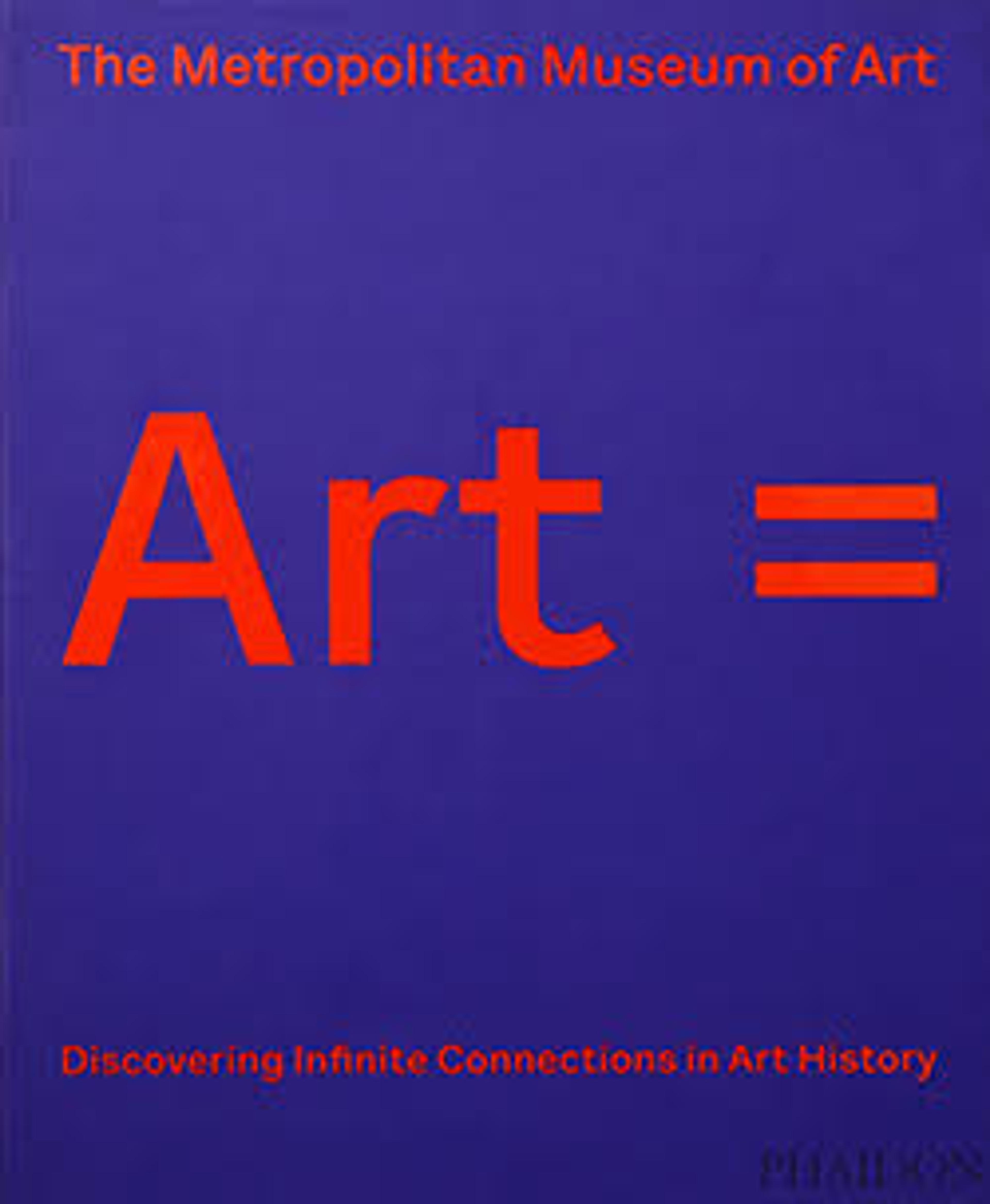English
Night-Shining White
A leading horse painter of the Tang dynasty, Han Gan was known for capturing not only the likeness of a horse but also its spirit. This painting, the most famous work attributed to the artist, is a portrait of a charger of Emperor Xuanzong (r. 712–56). With its burning eye, flaring nostrils, and dancing hoofs, the fiery-tempered horse epitomizes Chinese myths about Central Asian "celestial steeds" that "sweated blood" and were actually dragons in disguise. The seals and inscriptions added to the painting and its borders by later owners and appreciators are a distinctive feature of Chinese collecting and connoisseurship. The addition of more than one thousand years of seals and comments offers a vivid testimony of the work's transmission and its impact on later generations.
The acquisition of this image, arguably the greatest equine portrait in Chinese painting, marked the Director's early commitment to revitalizing the Department of Asian Art under the curatorial leadership of Wen Fong and with the dedicated support of trustee Douglas Dillon.
The acquisition of this image, arguably the greatest equine portrait in Chinese painting, marked the Director's early commitment to revitalizing the Department of Asian Art under the curatorial leadership of Wen Fong and with the dedicated support of trustee Douglas Dillon.
Artwork Details
- 唐 韓幹 照夜白圖 卷
- Title: Night-Shining White
- Artist: Han Gan (Chinese, active ca. 742–756)
- Period: Tang dynasty (618–907)
- Date: ca. 750
- Culture: China
- Medium: Handscroll; ink on paper
- Dimensions: Image: 12 1/8 x 13 3/8 in. (30.8 x 34 cm)
Overall with mounting: 14 in. x 37 ft. 5 1/8 in. (35.4 cm x 11.4 m) - Classification: Paintings
- Credit Line: Purchase, The Dillon Fund Gift, 1977
- Object Number: 1977.78
- Curatorial Department: Asian Art
Audio
7312. Night-Shining White
0:00
0:00
We're sorry, the transcript for this audio track is not available at this time. Please email info@metmuseum.org to request a transcript for this track.
More Artwork
Research Resources
The Met provides unparalleled resources for research and welcomes an international community of students and scholars. The Met's Open Access API is where creators and researchers can connect to the The Met collection. Open Access data and public domain images are available for unrestricted commercial and noncommercial use without permission or fee.
To request images under copyright and other restrictions, please use this Image Request form.
Feedback
We continue to research and examine historical and cultural context for objects in The Met collection. If you have comments or questions about this object record, please contact us using the form below. The Museum looks forward to receiving your comments.
